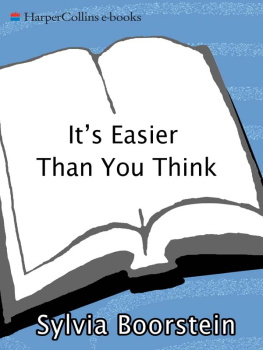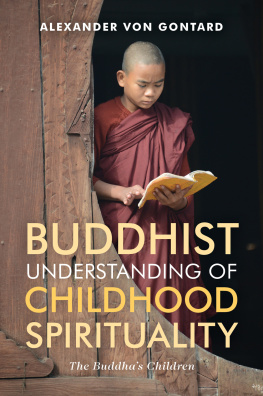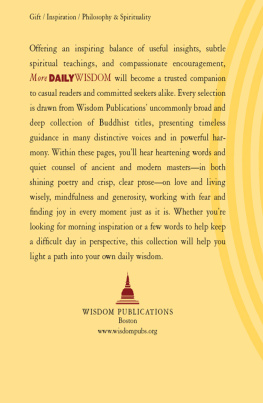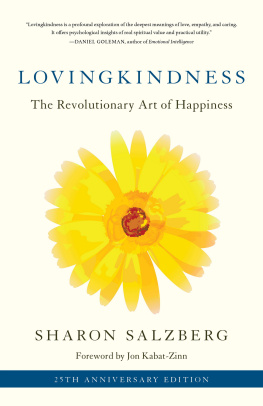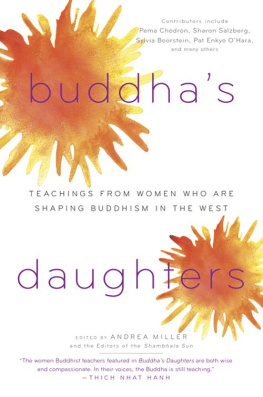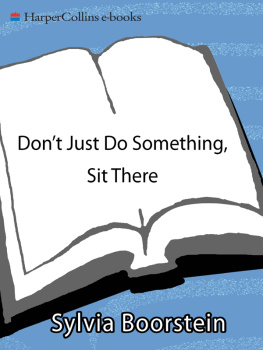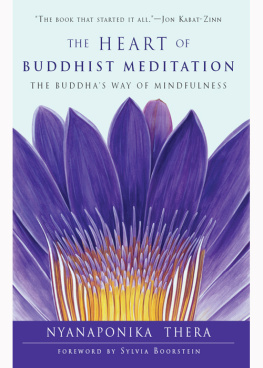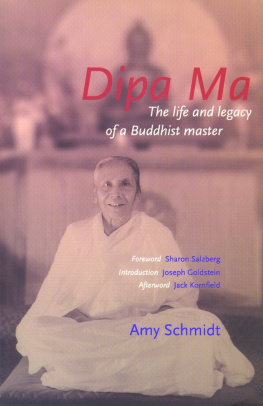This book is dedicated to my husband, Seymour,
my lifelong best friend.
Demystifying Spirituality
A few years ago I was teaching in another city, and the person who was to be my host telephoned me in advance to see if I had any special food requirements. I appreciated his concern and explained my eating preferences. I also mentioned that I dont normally eat much for breakfast but that I do like coffee in the morning. He replied, in a very surprised voice, You drink coffee? I realized I had just made a heretical confession. I needed to do some fast mind scrambling to find a graceful way to explain to my host (without losing my spiritual stature) that I do, indeed, drink coffee.
There are some peculiar notions about what constitutes being spiritual. I have a cartoon on the wall of my office that shows two people having dinner in a restaurant. One of them is saying to the other, Its such a relief to meet someone who isnt on a spiritual quest. I agree. There is an enormous possibility of getting side-tracked into self-conscious holiness, of putting energy into acting the part of a spiritual person.
A dear friend of mine, as he has become more and more established as a meditation teacher, has become less and less hesitant about telling people he loves football games. He even admits he gets very excited about the games, cheering at his television set as if he were sitting in the stadium. No dispassionate attitude of May the best team win for him! I know he has a wonderful level of understanding, and he behaves like a regular person in a regular world. Being a meditator and developing equanimity do not mean becoming weird.
I think I chose the title for this book long before the book itself was written. Indeed, I was motivated to write largely because I wanted to tell people that spiritual living does not need to be a big deal. Sometimes people decide to make a lifestyle change in the service of waking up. Some people join communities or religious orders. Some people change their diet. Some people become celibate. All of those choices are, for some people, very helpful tools for waking up, but they arent inherently spiritual.
Other people choose other tools. In this book, the principal tool, mindfulness, is invisible. Mindfulness, the aware, balanced acceptance of present experience, is at the heart of what the Buddha taught. This book is meant to be a basic Buddhist primer, but no one should be daunted. Its easier than you think.
Heres the scene that inspired this book:
I was at a gathering of American Buddhist meditation teachers. At least once a year mindfulness meditation teachers in this country, all friends of mine, meet and spend some days together. We plan our schedules, and we talk about what were teaching. We also spend a certain amount of time sharing our personal stories. Whats happened to you this year? How are things with you? We take special time to go around the room and share whats going on in our lives.
As I listened to all of us speaking in turn, I was struck by one particular thing. As people spoke, they said things like, Im pretty content or Im doing all right or Im pretty happy. And yet, we all told regular stories. People had regular lives with regular Sturm und Drang. People had relationship problems, problems with aging parents; someones child had a very serious illness; someone else was dealing with a difficult kind of loss. And yet everyone said some variation of Im pretty much all right or Im pretty content. And it didnt mean that they werent struggling with what was happening to them. It did not mean that they had transcended their stories and that they were fine because they felt no pain from them. They were struggling and often in quite a lot of pain and concern, but still, they were all right. I thought to myself as I looked around, What were all doing is were all managing gracefully.
Managing gracefully is not second-rate. Im pleased to think of myself as managing gracefully. Its a whole lot better than ten years ago or twenty years ago when I was managing tensely or fearfully. Everybody manages one way or another; everyone who is alive and reading this book has managed . Managing gracefully or even semi-gracefully is terrific.
When I started to practice meditation in the early seventies it was hip. Everybody was meditating; every weekend you could take a workshop in another form of meditation. The advertisements for the workshops usually suggested that at the end of the weekend youd be totally enlightened.
I remember once going to a party that looked like a regular partypeople talking, visiting, and laughingand in the middle sat a woman with a strange look on her face, eyes closed, face serene, totally tuned out from the whole scene. Somebody leaned over to me and said, Look at her, shes enlightened, and I thought to myself, If thats what enlightenment is, I dont want it.
What I did want, at least for a while, were exotic powers. I heard extraordinary stories of people who could bilocate or levitate. Sometimes, as I sat on my cushion and experienced an unusual lightness in my body, I imagined I was about to levitate. I hoped I would. I thought it would be a far-out thing, rising up off my cushion and floating in the air.
I think I was also influenced by a story my grandfather told about my grandmothera woman who died when I was nine years old. I knew her as a sickly old woman, but my grandfather remembered her as the very beautiful woman he had married when she was eighteen years old. He told me she was so beautiful that she glowed in the dark. I asked him if he really meant that, and he said, Yes, she really did. He said, At my nephew Murray Foxs wedding, the hall was lit with gaslight because it was before electricity, so it was quite dark, and everyone said, Look at Fischels wife, she shines in the dark! I held that as a wonderful, luminous memory and as an ideal. What I wanted to achieve from my meditation practice was to shine in the dark. I think a lot of us in the early days wanted magic.
My Buddhist meditation teachers, whom I met in 1977, talked about enlightenment but not about magic. They talked about seeing clearly and how it could mean happiness and the end of suffering. That sounded like the kind of magic I wanted most.
Every religious tradition I know talks about waking up to the truth. Every path I know promises that the direct experience of truth sets us free, brings us peace, compels us to compassionate action in the world. Knowing the truth brings happiness.
Practicing mindfulness and metta (lovingkindness) is not religiously challenging. This makes them accessible tools for meditators in all traditions. Awareness, clarity, compassion, generosity, understandingthese are in the middle of everyones spiritual road.
S CENARIO
In my early retreat experience I was part of a large group, perhaps a hundred people, doing intensive mindfulness practice in a monastery in Barre, Massachusetts. Retreats are held in silence, so apart from costume differences, you cant tell who anyone is.
Days passed as we lived and practiced together in silence. I saw Theravadan monks in orange robes, Zen people in traditional Zen clothing, and Tibetan monks and nuns. There were women in rose colored sari-style robes, and I guessed they were part of a Hindu traditional practice. Some people wore red clothes and beads, which meant they were followers of a certain Hindu teacher. One man wore a Franciscan monk habit. I liked passing near him because the long beads and crucifix that hung from his belt made a pleasant clicking sound as he walked.

